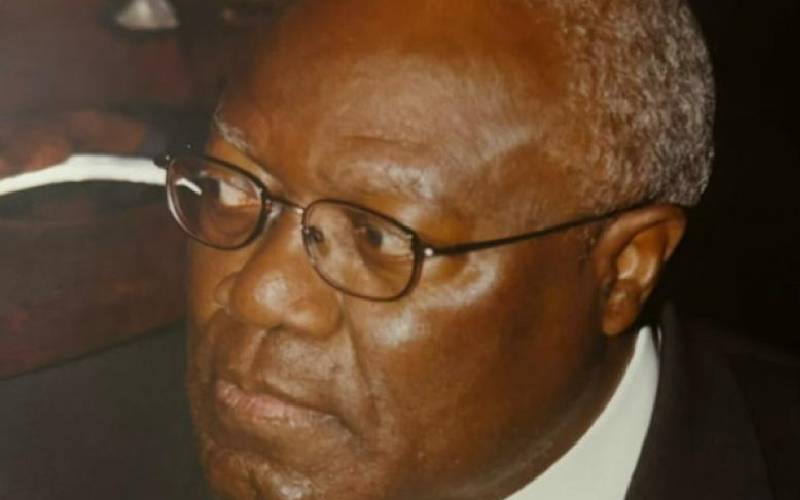×
The Standard e-Paper
Join Thousands Daily

Tribal clashes and police brutality have over the years claimed many lives.
However, the man who proposed a cure for the senseless violence might have gone to the grave without seeing at least one politician jailed for backing such activities.